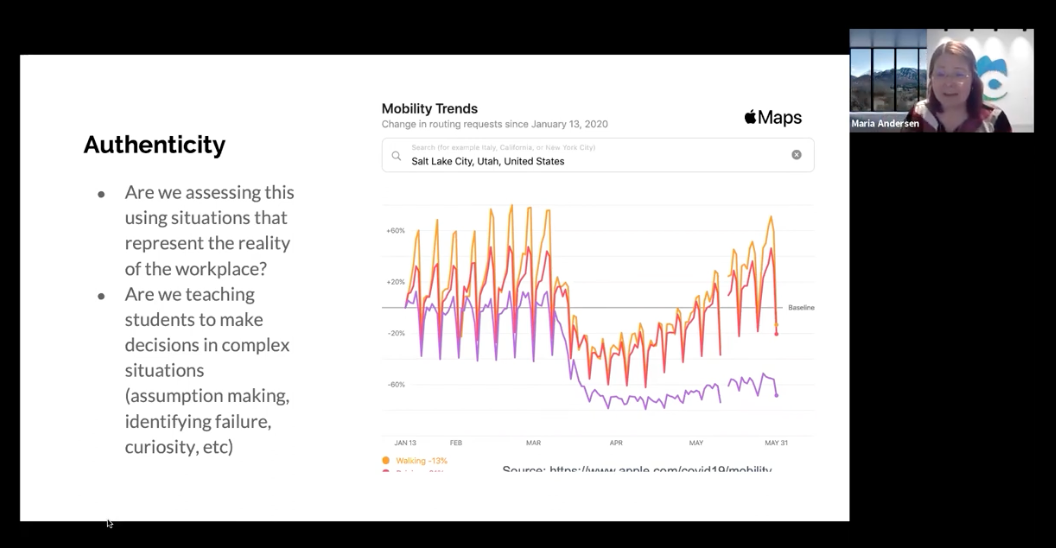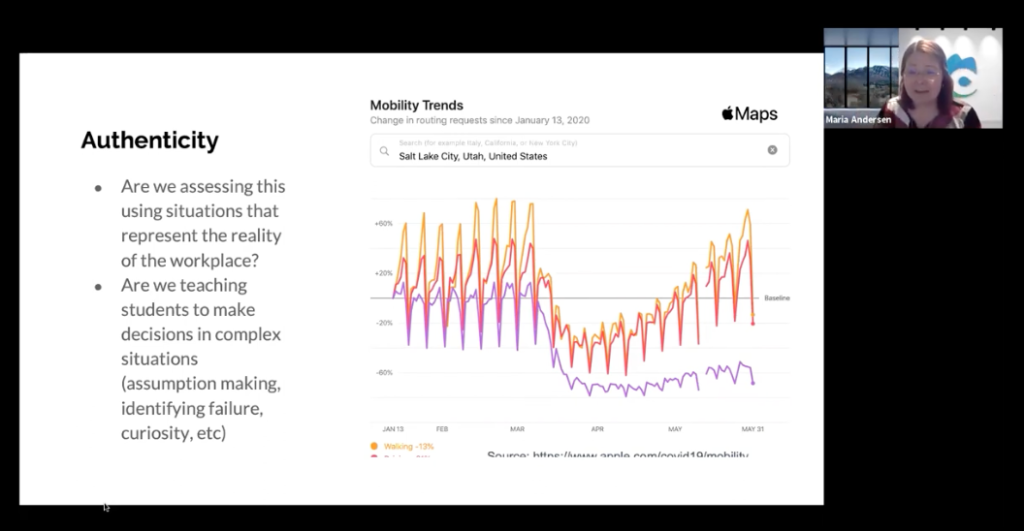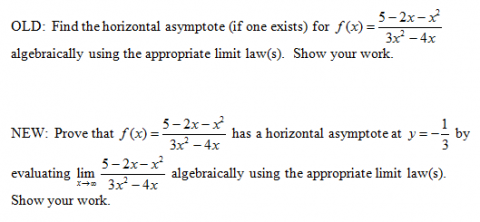
In this IMACC presentation, I highlighted the significant negative impact of traditional assessment strategies, such as exams focused heavily on memorization, on students’ success and their interest in pursuing careers in STEM fields. The use of such assessments in mathematics can be discouraging, particularly as it leads many to avoid further studies in these areas due to negative experiences. I argued that these conventional methods might be contributing to a decline in students choosing STEM careers.
 I then discussed the necessity for equity in mathematical assessments. I proposed that assessments should be designed with the goal of optimizing learning, rather than merely preventing cheating. This shift can make educational environments more equitable, effectively lowering the barriers to success for students from diverse backgrounds. In advocating for change, I suggested several alternatives to traditional exams, including project-based assessments, providing immediate feedback, and using varied formats that enable students to demonstrate their understanding in ways other than multiple-choice questions. These alternatives cater to different learning styles and can help reduce both performance anxiety and incidents of academic dishonesty.
I then discussed the necessity for equity in mathematical assessments. I proposed that assessments should be designed with the goal of optimizing learning, rather than merely preventing cheating. This shift can make educational environments more equitable, effectively lowering the barriers to success for students from diverse backgrounds. In advocating for change, I suggested several alternatives to traditional exams, including project-based assessments, providing immediate feedback, and using varied formats that enable students to demonstrate their understanding in ways other than multiple-choice questions. These alternatives cater to different learning styles and can help reduce both performance anxiety and incidents of academic dishonesty.
Finally, I touched on the importance of aligning curriculum and assessment designs with learning objectives that are relevant to real-world applications of mathematics. This approach can greatly enhance learning outcomes and eliminate unnecessary elements from the curriculum. I stressed the importance of transparency, authenticity, and involving students in the assessment process. Offering diverse ways for students to demonstrate their knowledge not only fosters a more engaging and supportive learning environment but also promotes greater student success and engagement.



